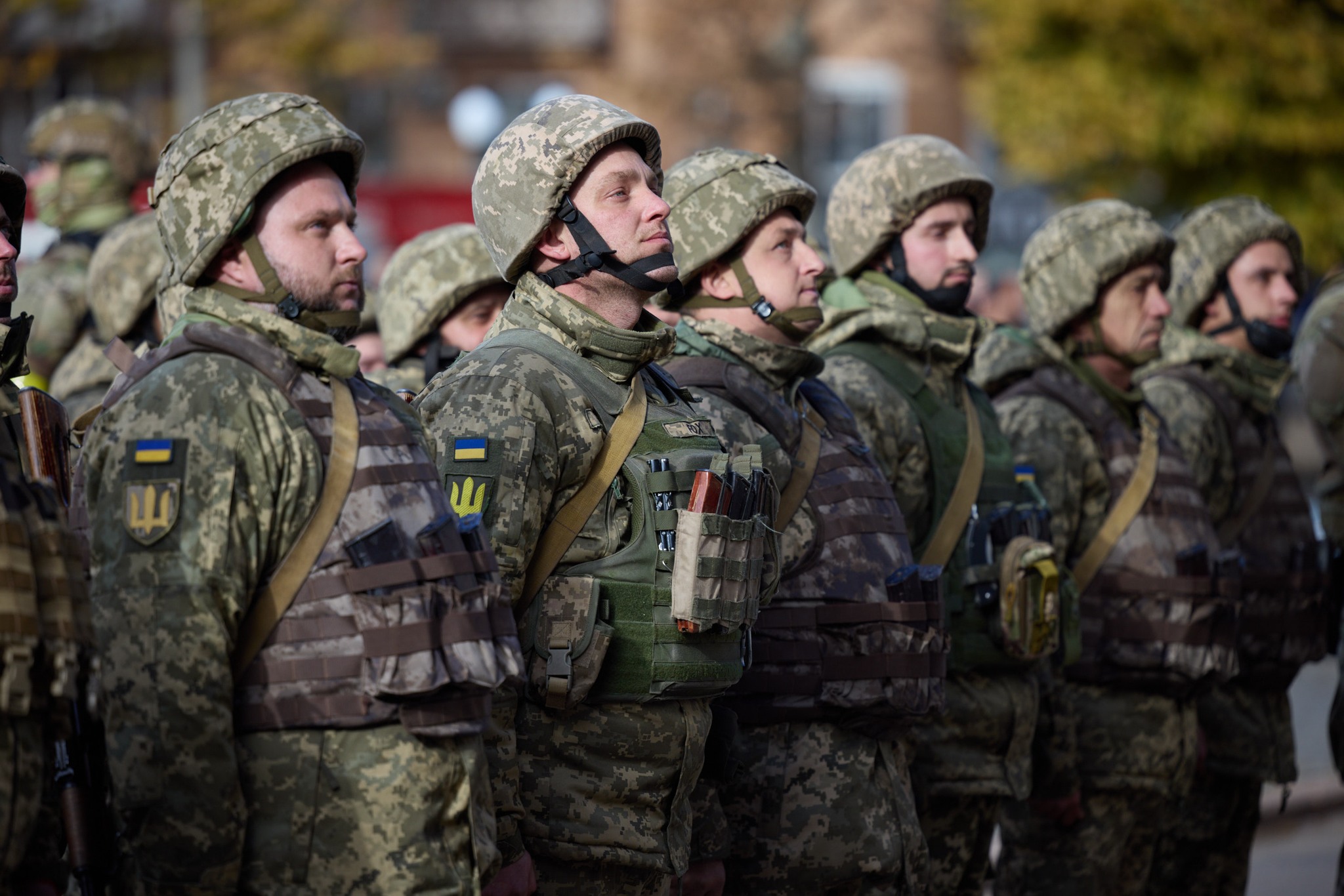"Conscience does not allow you to look us in the eye". Yakiv Handziuk and those who defend Ukraine under his name
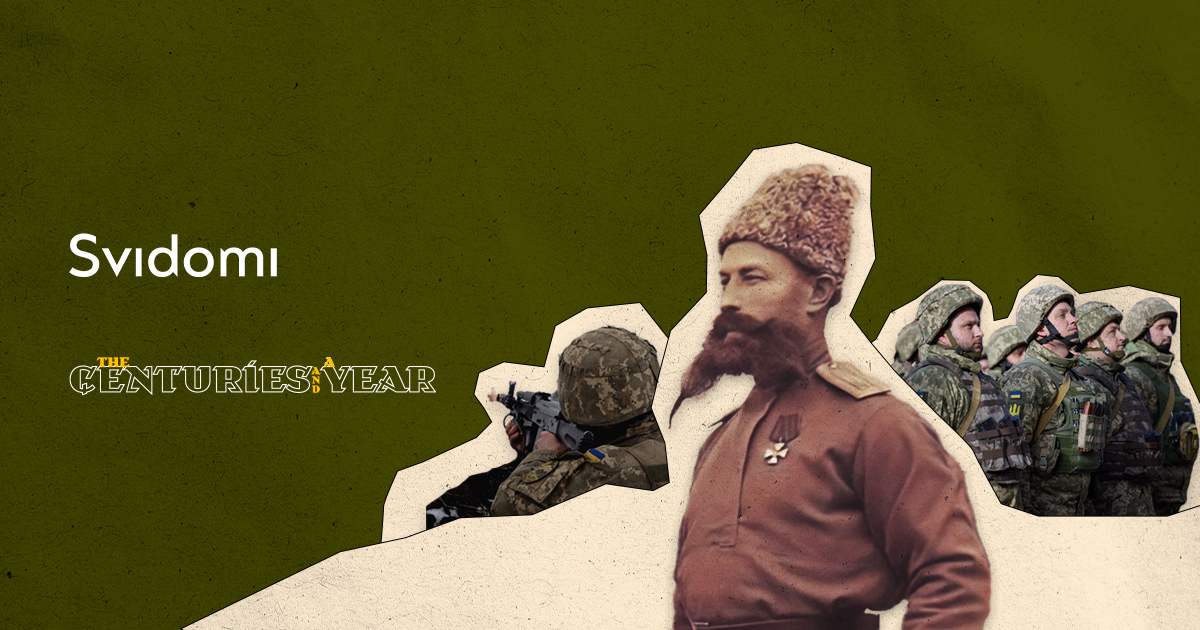
"The only wish for all of us is that we die as heroes!" were some of the last words of General of the Army of the Ukrainian People's Republic Yakiv Handziuk. On February 9, 1918, the Bolsheviks shot him dead in Kyiv.
More than a hundred years later, the 59th Separate Motorized Infantry Brigade, which has been defending the country since the beginning of the Russian-Ukrainian war, was named after Handziuk and took the battle in the south on February 24. In November, soldiers from the 59th Brigade liberated Kherson.
We are telling you about General Handziuk and those who continue his work and fight the same enemy 105 years later.
The 59th Separate Motorized Infantry Brigade was formed in December 2014. In 2020, to restore the historical traditions of naming military units, the brigade was named after Yakiv Handziuk.
The choice of the name was mainly based on the unit's geographical location and the hero's biography. Yakiv Handziuk is from the Vinnytsia region, and the headquarters of the 59th Brigade is located in the same area.
"We had many options. The name of Yakiv Handziuk was practically unknown. Still, we chose it: the general achieved a lot while serving in the Russian Empire, but he gave up all his merits and privileges in favour of his homeland. When Russia turned against Ukraine, he took the side of his people. Even by his death, Handziuk showed that he would not give in," says Lieutenant Oksana Kobets, a spokeswoman for the 59th Brigade.
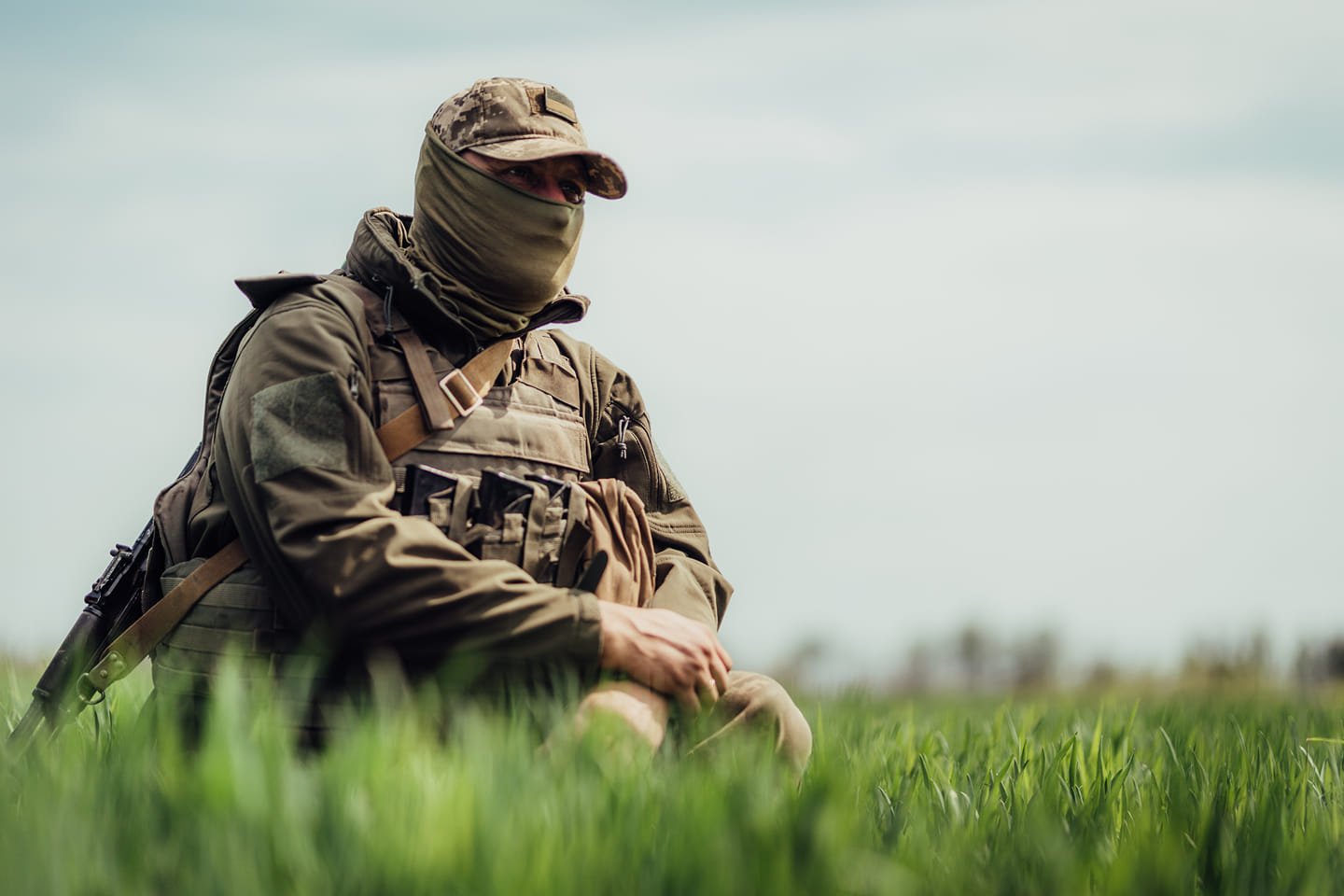
In Tsarist Russia, Yakiv Handziuk had a successful military career. In 1911, he and his family were granted a noble title of the Russian Empire with the right to pass it on to their descendants.
In 1917, he was promoted to the rank of major general, but when Ukraine had a chance to gain independence, Handziuk became the head of the 1st Ukrainian Corps. Units of the corps held the railroad junctions in Zdolbuniv, Rivne, and Shepetivka. They disarmed the corps led by Yevhenia Bosch, the Secretary of the Interior and acting head of the Bolshevik government of Ukraine.
On February 8, 1918, Mikhail Muravyov's Bolshevik troops entered Kyiv. However, the Ukrainian People's Republic's (UPR) government relocated to Zhytomyr and did not warn the Ukrainian units on the capital's defensive lines.
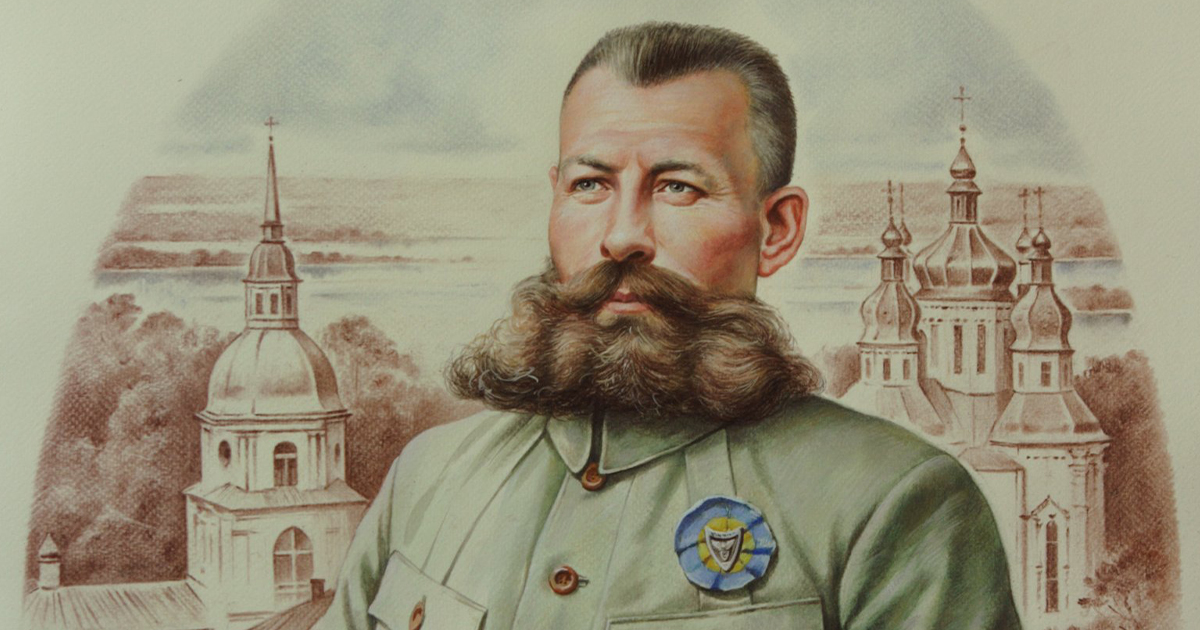
Handziuk's corps, whose headquarters operated out of Bila Tserkva, did not know about the capture of the capital. The silence of the Minister of War, Mykola Porsh, forced Handziuk to leave on his own to receive instructions from the Central Rada.
On the way to Kyiv, Handziuk, along with the corps' chief of staff, Yakiv Safonov, and the head of the operational department, Oleksandr Haievskyi, were surrounded by Baltic sailors. However, Haievskyi managed to escape, so we know about the circumstances of Yakiv Handziuk's death from his memoirs.
The commanders of the Ukrainian army were brought to Muravyov's residence. He offered them to go over to the Bolsheviks.
"You made a mistake because we are Ukrainians," said General Handziuk, "We understand the reasons that made you fight with us."
Muravyov ordered them to be shot.
Near the building of the Oleksiivka Military Engineering School (now the Ivan Bohun Kyiv Military High School), after being ordered to get out of the car, General Handziuk addressed his comrades: "It is humiliating for us to beg for mercy from these scoundrels. The only wish for all of us is that we die as heroes!"
"As the commander of the Ukrainian corps, I will be the first to be shot!"
Yakiv Handziuk said his last words when the Bolsheviks told him to turn his back on them: "What? Your conscience does not allow you to look us in the eye!"
Colonel Haievsky managed to survive and escape wounded. General Handziuk did not die immediately; he was finished off with bayonets, with twelve wounds recorded on his body.
During the Hetmanate of Pavlo Skoropadskyi, Handziuk and Safonov were reburied with military honours on the territory of St. Michael's Vydubychi Monastery.
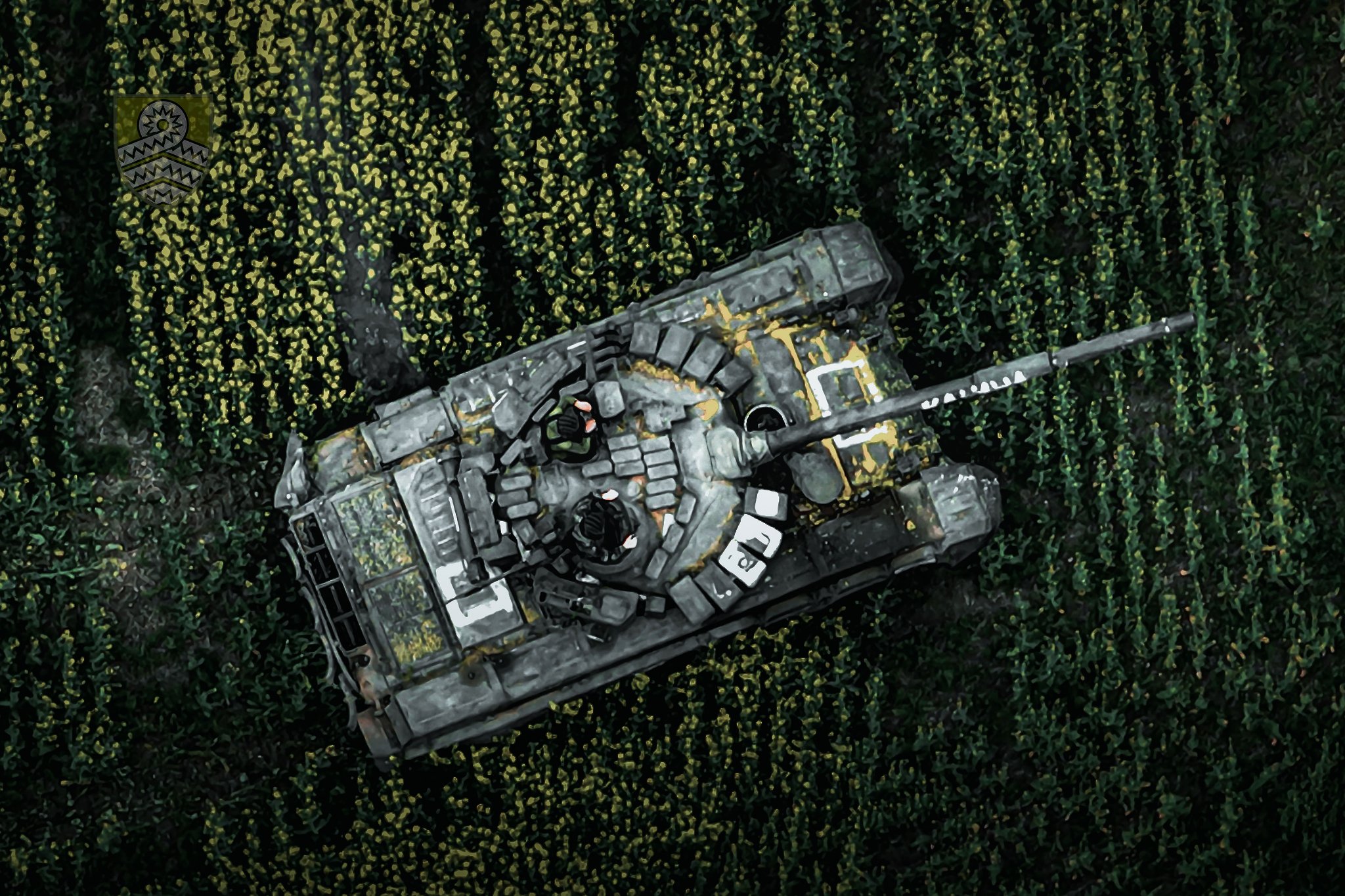
The memory of Handziuk was erased: in the 1920s, the Bolsheviks destroyed his grave; his descendants and indifferent citizens restored it after Ukraine regained its independence.
"Before we took Handziuk's name, we told all the personnel about him. We wanted to know if they were ready to fight under this man's name. Indeed, many did not know him, but when they read his biography, they agreed that it was a worthy choice," says a representative of the 59th Brigade.
Since its inception, the brigade has defended Ukraine in Luhansk and Donetsk regions during the Anti-Terrorist Operation (Joint Forces Operation). However, at the end of February 2022, the soldiers were transferred to the Kherson region, where they faced a full-scale Russian offensive.
Due to the troops’ landing, they got surrounded but managed to break through the Antonivskyi Bridge, gain a foothold in their positions, and prevent the Russian army from reaching Mykolaiv. Until November, the brigade fought in this area and participated in the liberation of Kherson. Since December, the military has been defending Ukraine in the Donetsk direction.
In addition to continuing Handziuk's military work, the brigade is restoring his memory. The representatives joined the unveiling of a memorial plaque at the site of the general's execution at a military high school in Kyiv.
"We also found Yakiv Handziuk's descendants and contacted them. Unfortunately, due to the full-scale war, we could not fulfil all our plans, but we plan to raise the general's memory. A street in Vinnytsia has already been named after Handziuk," says Oksana Kobets.
Since the beginning of the full-scale war, about five hundred soldiers of the 59th Brigade have received awards from the Ministry of Defence of Ukraine and state awards. In addition, seven soldiers were awarded іt
